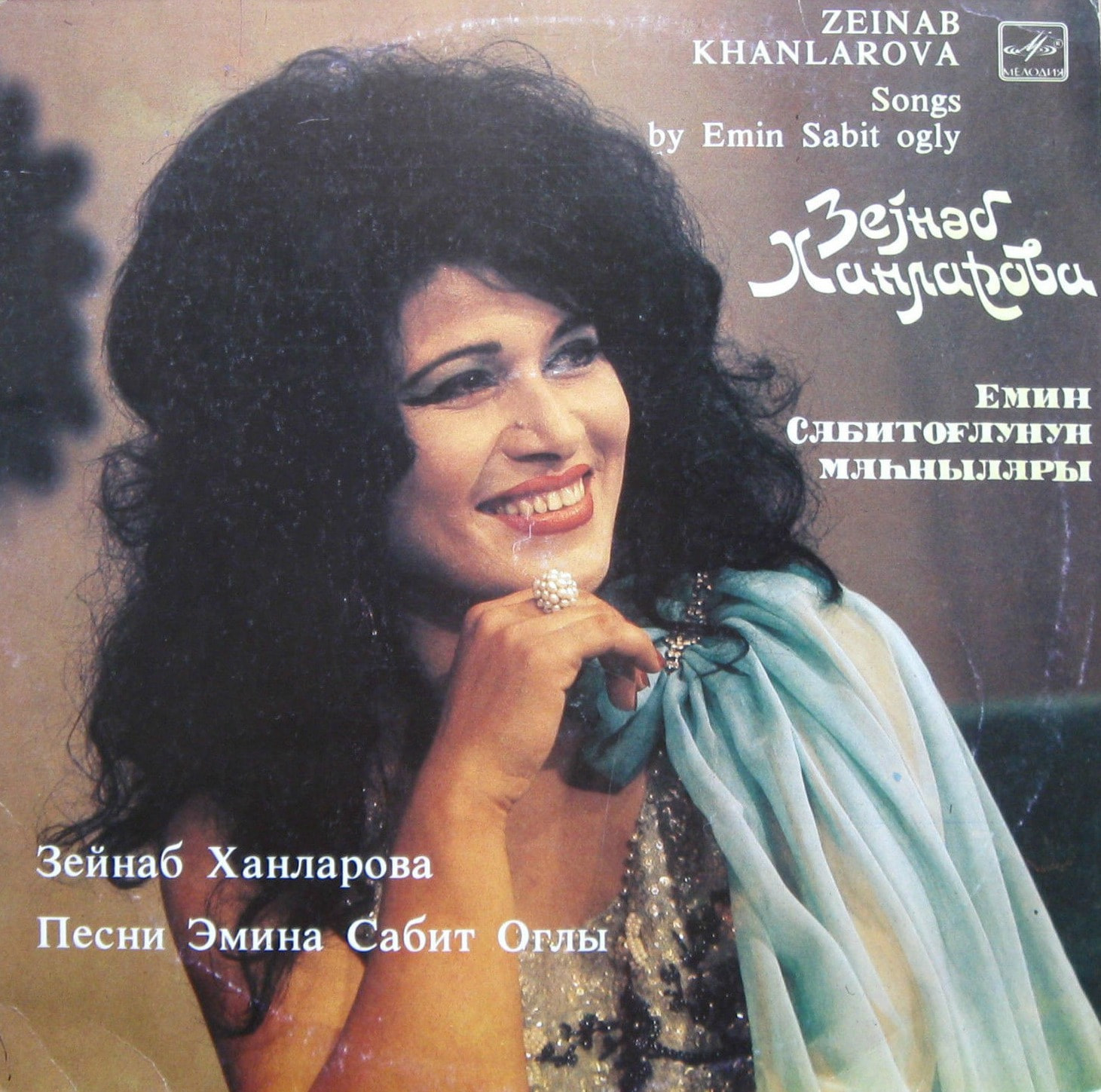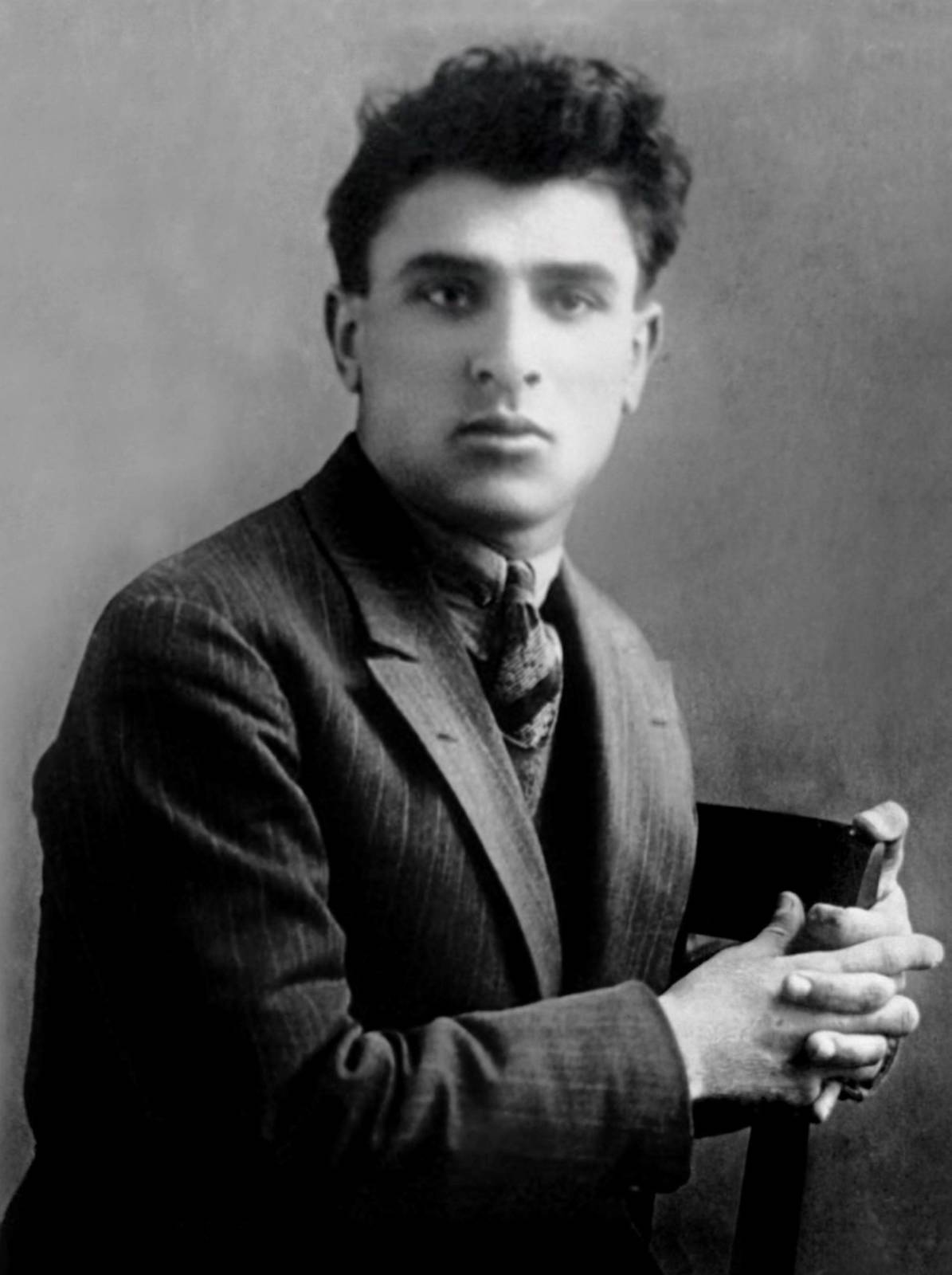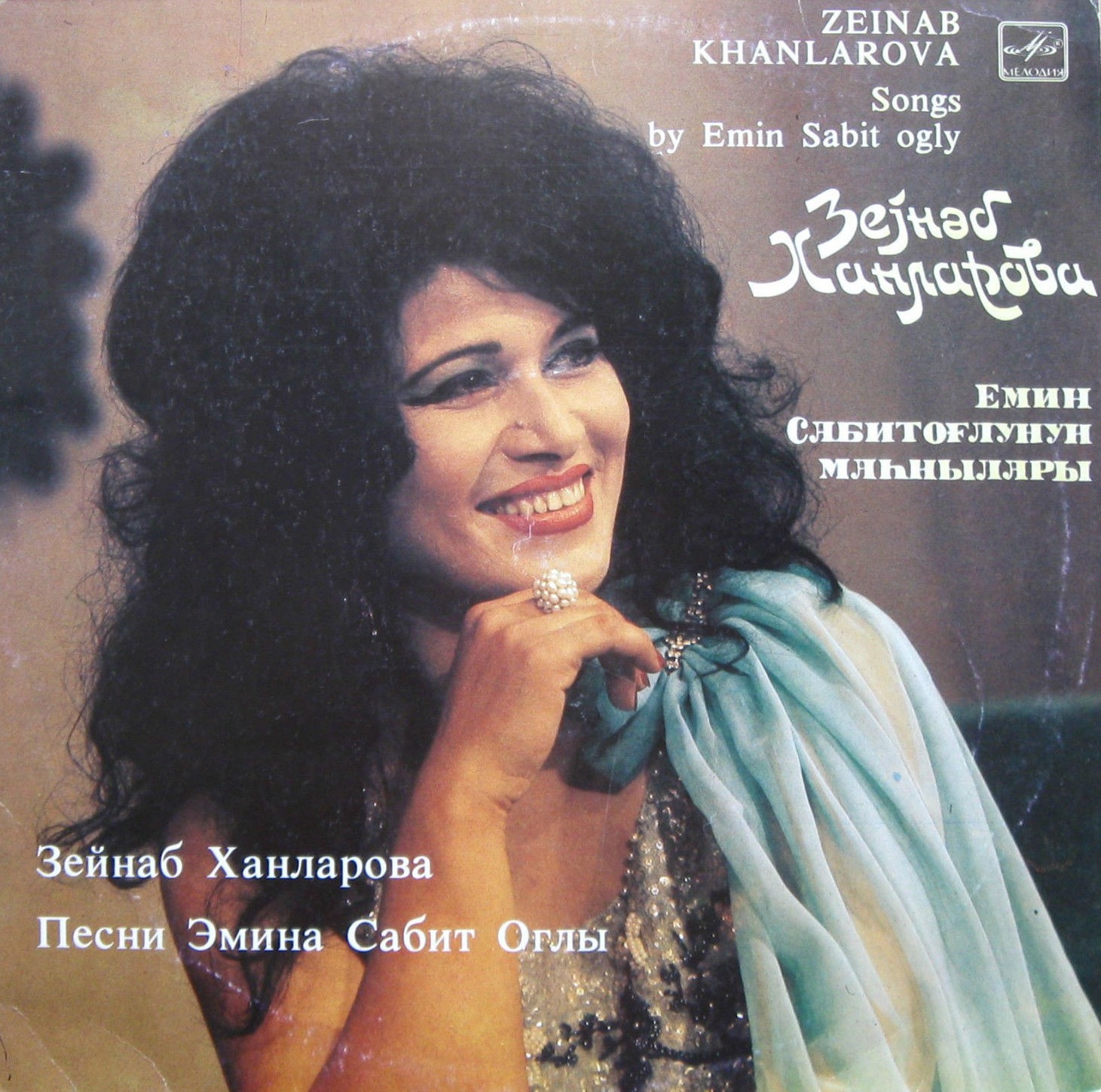Artist Farhad Farzali’s field research project The Banned Love Poem is a remarkable multilayered story about a song which made an incredible historical journey and become a pan-ethnic anthem in many cultures.
The history of the song begins in Soviet Azerbaijan in the late 1930s, originating in the unpublished poems of the repressed poet Mikayil Mushfig (1908–1938), whose work gained recognition only after Stalin’s death, when the poet was posthumously rehabilitated. Mushfig’s poems were published in 1968 by his widow Dilbar in the book My Days with Mushfig, the contents of which she wrote from memory. The same year, composer (and head of the investigative department of the Baku prosecutor’s office) Alekpar Tagiev (1924–1981) wrote music for the poem "All for You, ” with the resulting song performed by singer Zeinab Khanlarova (b. 1936). This version of the song first became popular in Azerbaijan and later in other Soviet republics, especially Russia, Uzbekistan, and Armenia.
These elegant words about love, which Mushfig never planned to publish, became a popular song not only in the Soviet Union but also in the unofficial capital of the Armenian diaspora, Beirut. In 1973, Adiss Harmandian (1945–2019), a pioneering Lebanese-Armenian singer (who was the first to translate popular songs to Armenian, with incredible success) created his own version of the song, although Mushfig’s story remains unknown to most listeners. The Armenian version of the song crossed closed Soviet borders once again. By the mid-1970s, the song "All for You" had appeared in three other languages: Arabic, Turkish, and Greek. Each version is unique, having become an iconic song within its own culture.
Farhad Farzali’s The Banned Love Poem examines music as a universal language of communication. The artist discovered new documents about Mikayil Mushfig and Adiss Harmandian and also about the role of the song "All for You" for each of the cultures it has become a part of. The artist is currently studying this material with a view to working on it.
Status: 2021–2022
Researcher: Farhad Farzali



![The cover of Adiss Harmandian's solo album, Voice of stars [label], 1971](http://cdn-ec-static.garagemca.org/storage/image/1/0/8/10898/large_file-037022af-8a0c-464d-8e63-0afb1e36fca8.jpg)
